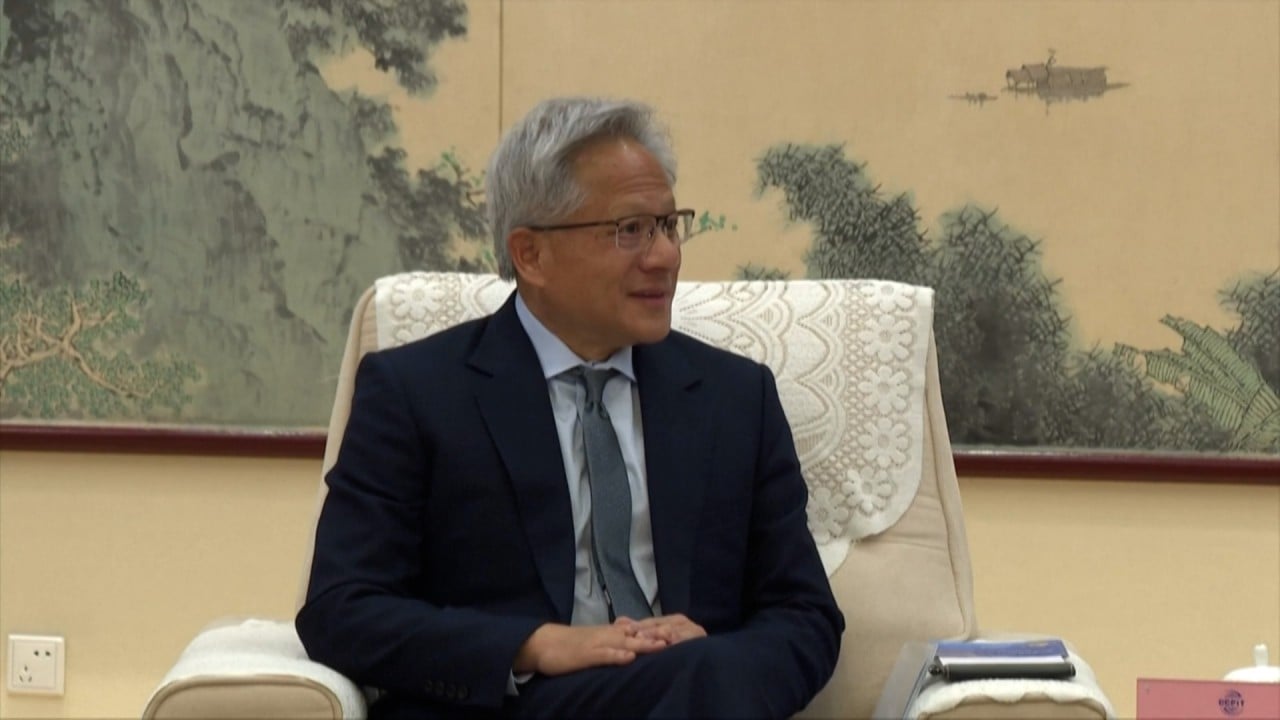Advertisement
Today’s chip technologies face two big challenges: the power wall and the architecture wall, Li told the Beijing-based official newspaper Guangming Daily last month.
The power wall stems from a fundamental contradiction – while binary systems are efficient at carrying information, they consume a large amount of power. The architecture wall is caused by the fact that new non-silicon chips cannot easily communicate with traditional systems based on CMOS or complementary metal-oxide-semiconductors.
Li’s team had been exploring alternatives since 2022. Their breakthrough came with the proposal of a new numerical system – Hybrid Stochastic Number (HSN) – which combines traditional binary numbers with stochastic or probability-based numbers.
Binary logic, the foundation of today’s computing, represents variables using 0s and 1s and relies on precise arithmetic operations. However, large-scale binary computations require extensive hardware resources.


